Did you experience donut madness today? Do you wonder what the reason of its appearing is? It’s Fat Thursday (Tłusty czwartek in Polish)! Basically, the habit of eating greasy delicacies dates many centuries back, when eating fat treats would ensure prosperity and happiness for another year. Nowadays, the looks of donuts and the reason of their consumption have changed. Fat Thursday is the last Thursday before Lent (the time of fasting), which in turn prepares Christians for the most important holiday: Easter. Fat Thursday might be called one of the tastiest Polish traditions. Regardless of whether the holiday is celebrated on the grounds of religion, superstition, or the desire to continue the tradition, it is an inseparable part of the Polish culture. Bakeries and supermarkets solicit potential consumers by offering a wide variety of donuts with rosy stuffing, cheese, pudding, chocolate, etc. It is worth trying traditionally fried donut or dry crispy cake in a form of a bow. However, watch out if you keep to a diet – all dainties are very high in calories.
(Kinga Słonina)
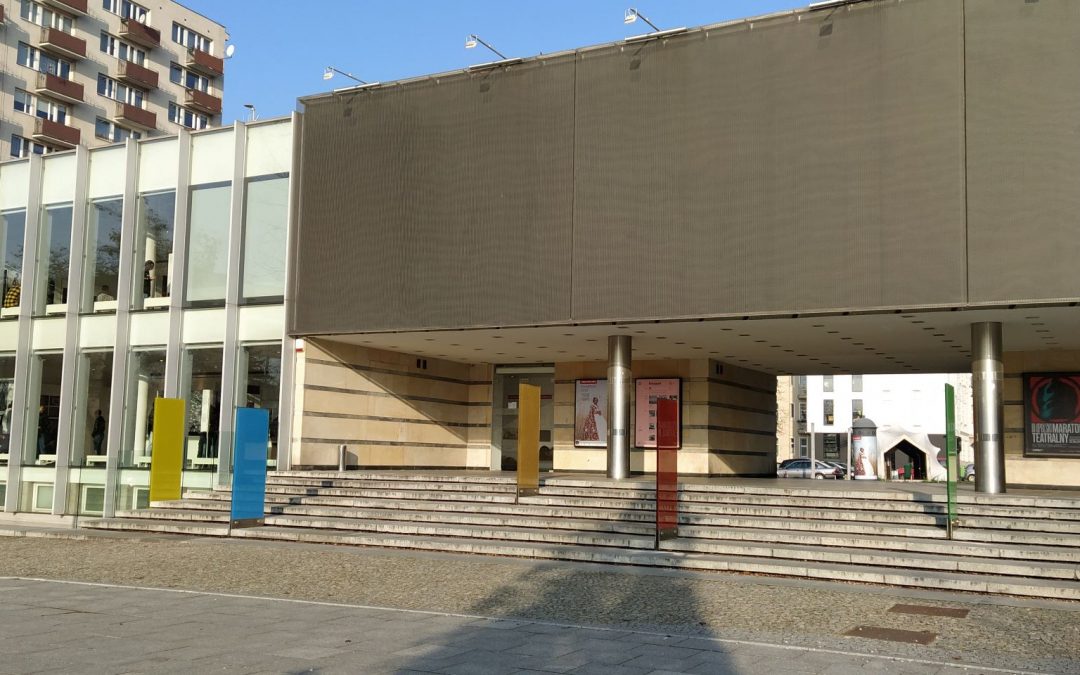
Guided tour – Contemporary Art Gallery in Opole
OPAWSKA SZKOŁA FOTOGRAFIIThe exhibition at the Contemporary Art Gallery in Opole is organized in honor of the 30th anniversary of the Institute of Creative Photography of the Silesian University in Opava. We would like to invite you all to the English guided tour on...
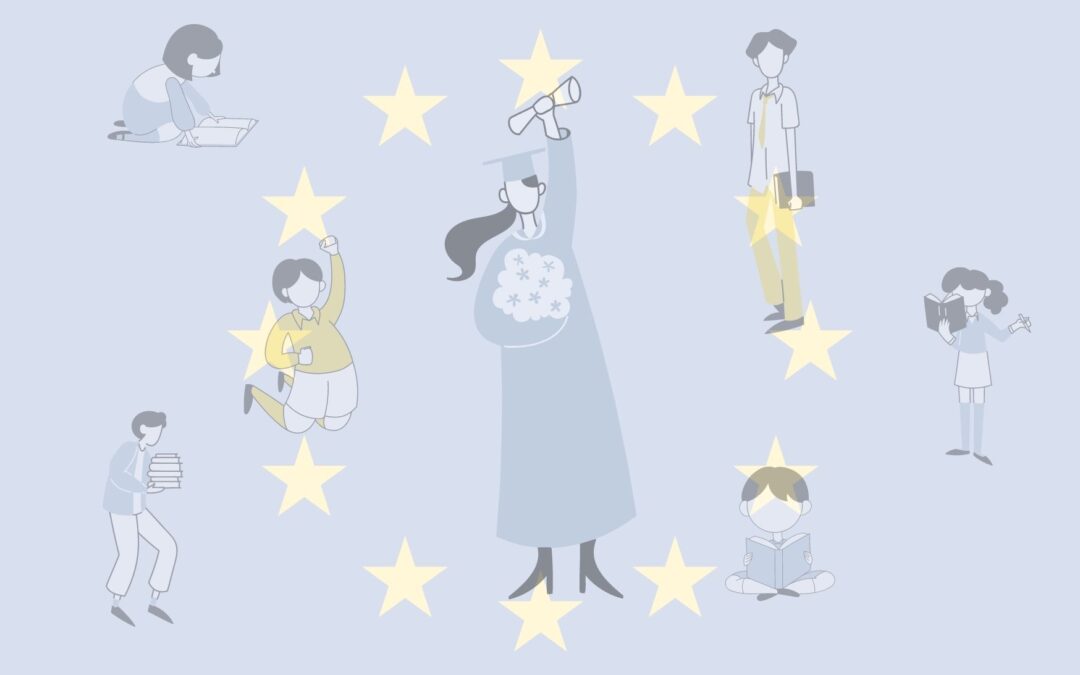
Short-term mobilities within FORTHEM
FORTHEM aims to open up new possibilities for students to travel and study in these different universities. Between 29th of October and 6th of December 2021, students from all of the alliance universities are invited to apply for short-term mobilities! There are two...

Cambridge English Exam
Dear Students! Cambridge English Preparation Centre at the Faculty of Philology UO would like to give you a chance to test your English at three most popular levels B2, C1 and C2 FOR FREE! Cambridge English tests are the objective and prestigious confirmation...
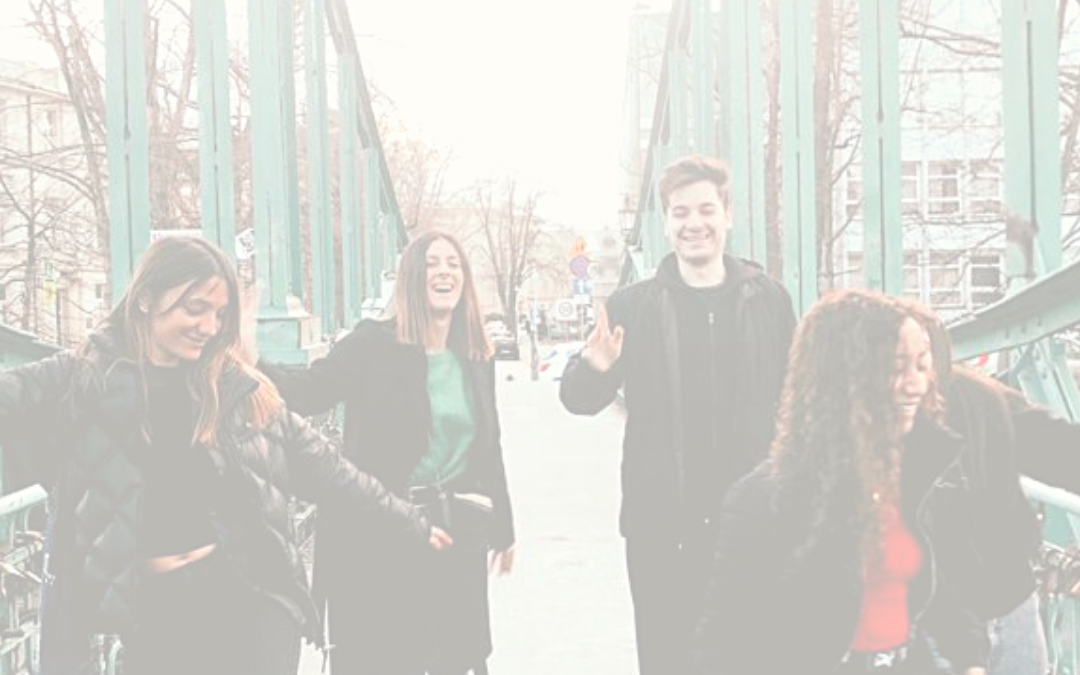
FORTHEM Buddy Programme
Program Buddy jakiego nie znacie! Specjalna oferta dla studentów pierwszego roku! FORTHEM Buddy Programme Program Buddy jakiego jeszcze nie znacie! Chcesz nawiązać kontakt z inny pierwszoroczniakami z takich uczelni jak Uniwersytet Johannesa Gutenberga w...
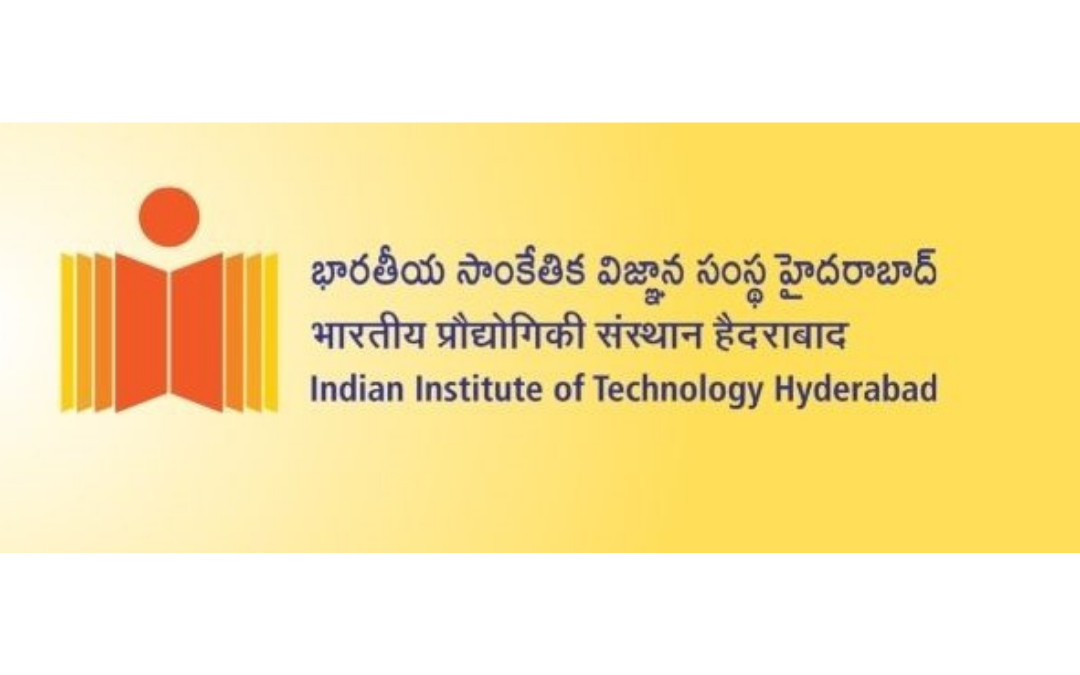
program stypendialny FIRST (IITH)
Indian Institute of Technology Hyderabad (IITH) is one of the eight new IITs established by the Government of India in 2008. In a short span of 12 years, the institute has become a top ranker and currently has 243 full-time faculty, 3,397 students (20% women), and...
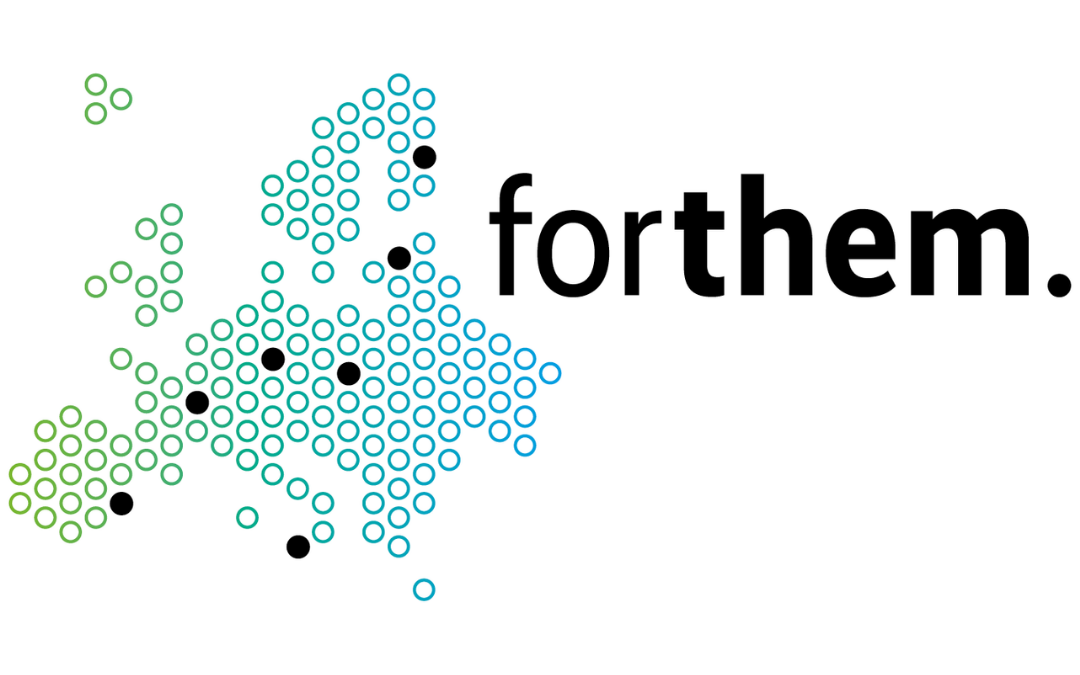
FORTHEM Student
W ramach Sojuszu FORTHEM studenci mają swój głos! Mogą uczestniczyć w procesach decyzyjnych dotyczących pomysłów i inicjatyw dla studentów finansowanych ze środków Sojuszu. Jeśli chcesz: zdobywać międzynarodowe doświadczenie mieć realny wpływ na rozwój...
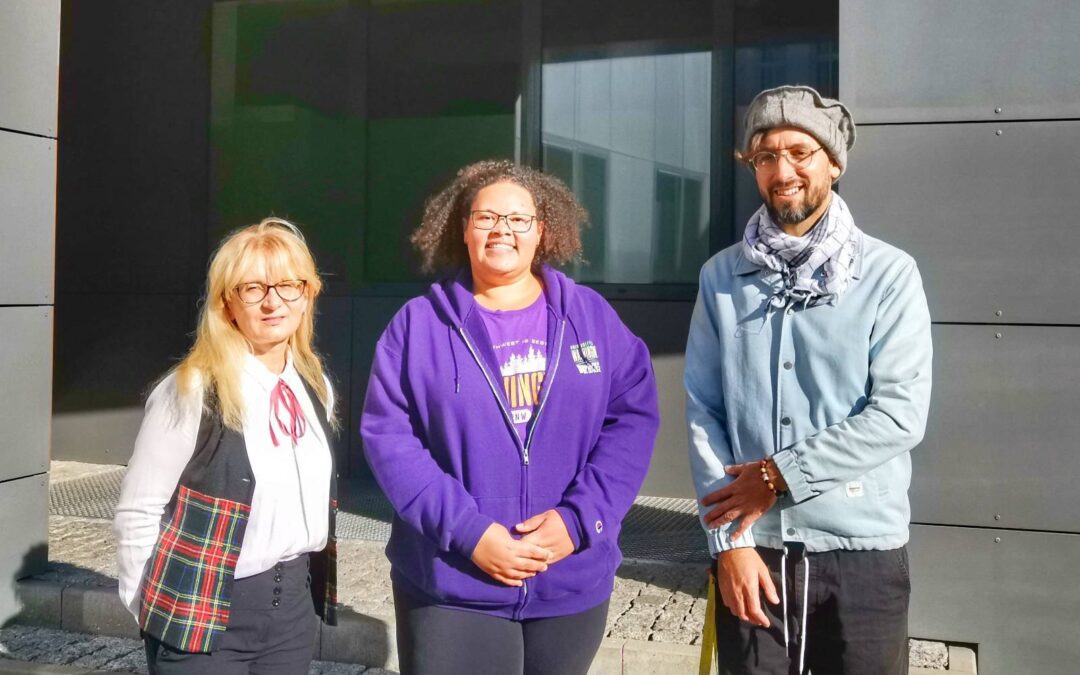
Jasmine – new Fulbright ETA
prof. Ewa Moliszewska, Jasmine, dr. Michal Wanke As the new academic year resumes, the University of Opole hosts another American colleague, who will be helping us out in our classrooms and instructing or co-teaching students in various study programmes. This year,...
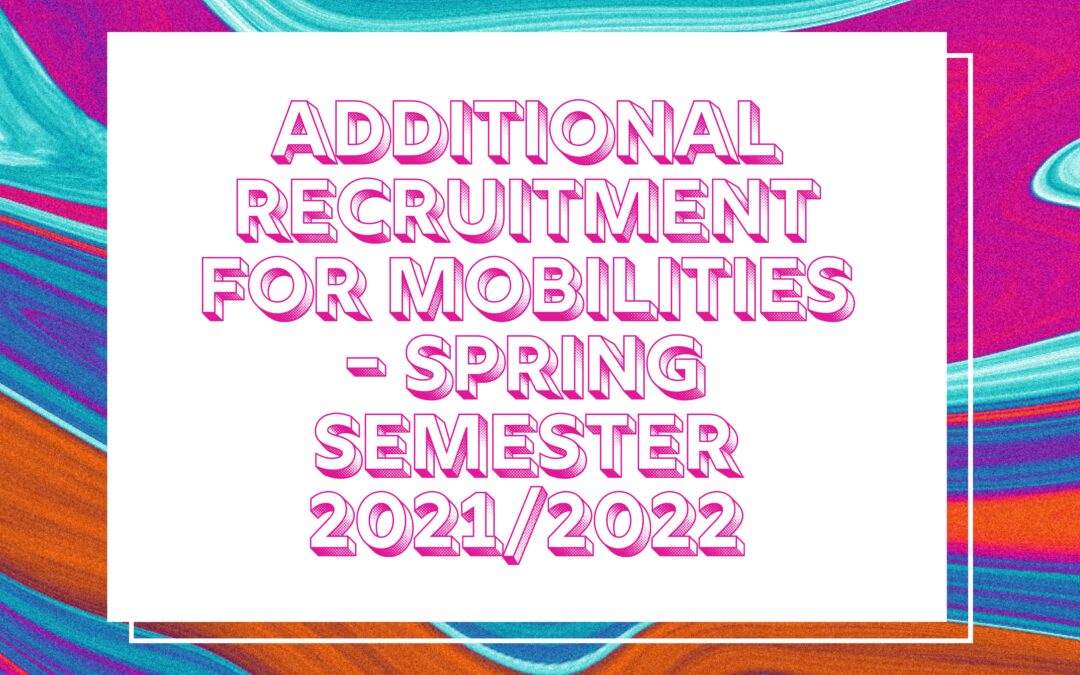
Additional recruitment for mobilities – spring semester 2021/2022
Dear Students, The additonal recruitment for mobilieties for study and traineeship within the framework of the Erasmus + Program during the spring semester of the academic year 2021/2022 starts now. The recruitment will last from 04.10.2021 to 12.10.2021 Every regular...
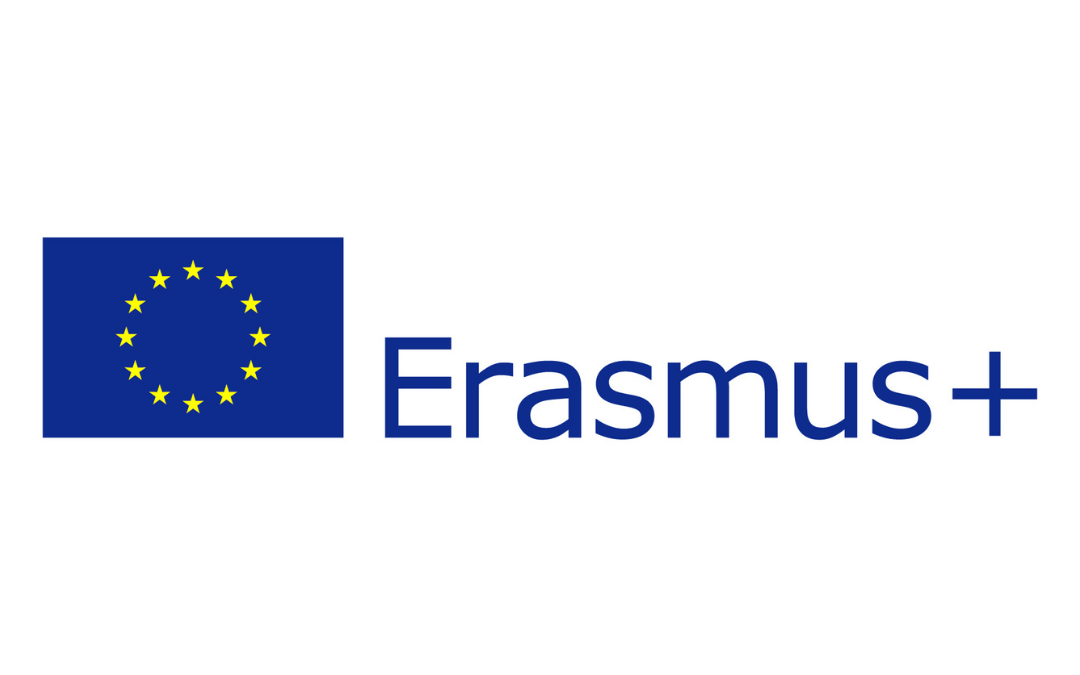
Erasmus+ office closed
On September 9-10 (Thursday and Friday) Erasmus+ Office(and the whole Office for Research and Project Management) will be closed. The Team will take part in the training Project management methodology, creation and communication in project teams, principles of...
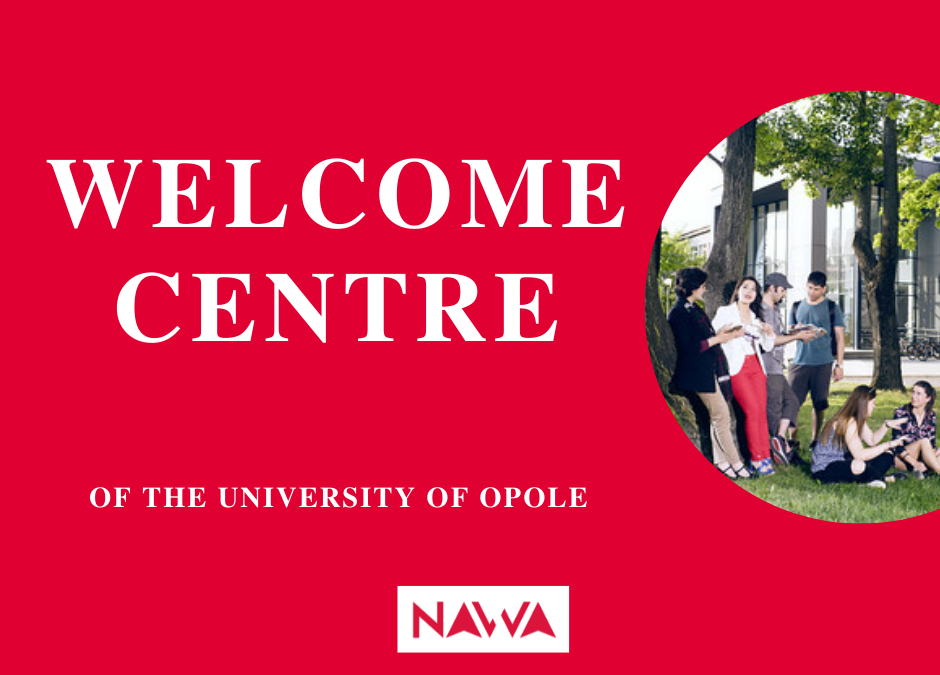
Welcome Centre
Dear Students! We are happy to invite you to the Welcome Centre of the University of Opole, where you can get information and assistance regarding your studies and stay in Poland. The Welcome Centre is operating as a part of the International Students Office. Our...

